Decoding the Cost of Cosmetic Surgery in Korea: Your Complete Budgeting Guide
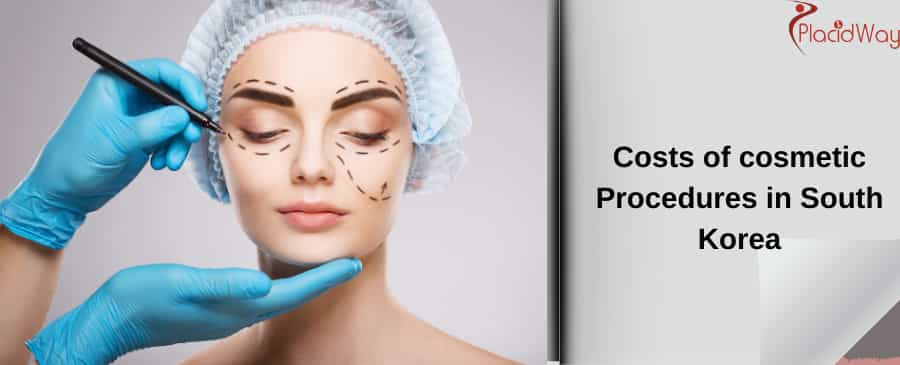
South Korea has firmly established itself as a global powerhouse in the world of cosmetic surgery, attracting a significant influx of medical tourists each year. The allure lies in the combination of highly skilled surgeons, cutting-edge medical technology, and, most notably, competitive pricing. For those contemplating a cosmetic enhancement, understanding the full spectrum of costs involved in a medical journey to Korea is the first step toward making an informed decision. This guide aims to demystify the financial aspects of undergoing cosmetic procedures in this vibrant country, providing a clear and comprehensive overview for prospective medical tourists. From the initial consultation to post-operative care, we will delve into every conceivable expense to ensure you have a realistic and well-structured budget. The decision to travel for a cosmetic procedure is a significant one, and financial planning is a critical component of this process. This blog post will serve as your detailed roadmap, navigating through the various costs you can expect to encounter. We will not only explore the average prices for popular surgical and non-surgical treatments but also shed light on often-overlooked expenses such as accommodation, daily living costs, and potential hidden fees. Our goal is to equip you with the knowledge and confidence to plan your medical tourism experience in South Korea with clarity and peace of mind, ensuring that your focus remains on achieving your desired aesthetic goals.
What are the average costs of popular cosmetic procedures in South Korea?
South Korea's reputation as a cosmetic surgery hub is well-deserved, offering a blend of exceptional quality and affordability. The cost of procedures can be a fraction of what you might pay in the United States or Europe, without compromising on the expertise of the surgeons or the quality of the medical facilities. The price you pay will ultimately depend on several factors, including the reputation of the clinic, the experience of the surgeon, and the complexity of the procedure itself. For instance, a revision surgery will invariably cost more than a primary procedure due to the increased intricacy involved. It's also important to note that the location of the clinic within South Korea can influence the price. Clinics in the upscale Gangnam district of Seoul, for example, may have higher overheads and thus charge more than clinics in other areas. However, the concentration of top-tier talent in these areas often justifies the cost for many international patients. To give you a clearer picture, here is a breakdown of the average cost of some of the most sought-after cosmetic procedures in South Korea:
| Procedure | Average Cost (USD) |
|---|---|
| Rhinoplasty (Nose Job) | $3,000 - $7,000 |
| Double Eyelid Surgery (Blepharoplasty) | $2,000 - $4,000 |
| Facelift | $7,000 - $11,500 |
| Breast Augmentation | $4,000 - $15,000 |
| Liposuction (per area) | $1,500 - $5,000 |
| V-Line Jaw Surgery | $5,000 - $10,000 |
What other expenses should I factor into my budget?
A successful medical tourism trip to South Korea requires careful financial planning that extends beyond the surgical fees. Your flights will be a significant part of your budget, and it's advisable to book these well in advance to secure the best prices. Accommodation is another key consideration. While Seoul offers a wide range of options, from budget-friendly guesthouses to luxury hotels, you might want to consider staying in a residence specifically designed for post-operative recovery, which can offer added comfort and convenience. Your daily living expenses, including food, transportation, and leisure activities, should also be factored in. While you'll be resting for the first few days after your surgery, you'll likely want to explore some of what Seoul has to offer as you recover. Finally, it's always wise to have a contingency fund. This will provide you with a financial cushion to cover any unexpected costs, such as additional medications, follow-up treatments, or a longer-than-anticipated recovery period.
- Flights: Book in advance for better rates.
- Accommodation: Choose a comfortable and convenient location for your recovery.
- Daily Living Expenses: Budget for food, transport, and some sightseeing.
- Contingency Fund: Set aside some extra money for unexpected costs.
Are there any hidden costs I should be aware of?
While reputable clinics in South Korea are generally transparent with their pricing, it's always prudent to be aware of potential extra costs that might not be immediately apparent. Post-operative care is one area where additional expenses can arise. While your initial follow-up appointments are usually included in the surgical package, you may need to purchase specific medications, such as pain relievers or antibiotics, as well as specialized garments, like compression vests or facial bands, to aid your recovery. Another point to consider is currency exchange. When you pay for your procedure, the exchange rate between your home currency and the South Korean Won (KRW) will affect the final price. To get the most favorable rate, it's a good idea to research the best ways to exchange money or use a credit card that offers competitive exchange rates and low or no foreign transaction fees. By asking for a comprehensive, written quote and clarifying what is and isn't included, you can ensure a smooth and stress-free financial experience.
How do the costs of cosmetic procedures in Korea compare to other countries?
The primary driver for many medical tourists choosing South Korea is the significant cost savings. The lower cost of living and a highly competitive market contribute to these attractive prices. For example, a rhinoplasty that could cost upwards of $15,000 in the U.S. might be as low as $5,000 in Korea, representing a substantial saving even after factoring in travel and accommodation costs. This price difference does not, however, reflect a compromise on quality. South Korean surgeons are renowned for their meticulous techniques and artistic sensibility, particularly in facial procedures. When comparing South Korea to other medical tourism hubs, it's important to look beyond just the price tag. While some countries may offer slightly lower prices for certain procedures, South Korea often stands out for its specialization and technological advancements. The country is a pioneer in many innovative surgical techniques, and its clinics are equipped with the latest medical technology, ensuring both safety and optimal results. This combination of affordability, expertise, and innovation makes South Korea a compelling choice for discerning medical tourists.
What are the typical payment methods accepted by Korean clinics?
When it comes to paying for your procedure, you'll find that Korean clinics are well-equipped to handle international payments. Credit cards are a convenient and widely accepted option. Before you travel, it's a good idea to inform your credit card provider of your plans to avoid any issues with your card being blocked for security reasons. Also, be sure to inquire about any foreign transaction fees that may apply. A bank transfer is another common payment method, especially for larger sums. The clinic will provide you with their bank details, and you can arrange the transfer through your local bank. Keep in mind that international transfers can take a few business days to process, so it's important to plan accordingly. Finally, while cash is also an option, it's generally not advisable to carry large amounts of money. If you do choose to pay with cash, ensure you exchange your currency for South Korean Won (KRW) at a reputable exchange office to get the best rate.
Is it customary to tip the surgeon or clinic staff in Korea?
If you're from a country where tipping is a common practice, you might be wondering about the etiquette in South Korea. The simple answer is that tipping is not expected or customary in any service industry, including medical and cosmetic services. The fee you pay for your procedure covers the surgeon's expertise, the nurses' care, and the support of the entire clinic staff. Rather than offering a monetary tip, a more appropriate way to express your gratitude for excellent service is to leave a positive online review, send a thank-you card, or recommend the clinic to your friends and family. These gestures are highly valued and go a long way in showing your appreciation. So, instead of budgeting for tips, you can focus on ensuring you have a clear understanding of all the costs associated with your procedure and simply offer a sincere "thank you" (kamsahamnida) for the care you receive.
Are consultation fees typically charged separately?
The policy on consultation fees can differ among clinics in South Korea. Many that cater to an international clientele will offer a complimentary initial consultation. This is often conducted online, via video call or email, allowing you to discuss your aesthetic goals with the surgeon and receive a preliminary assessment without any financial commitment. This is an excellent way to get a feel for the clinic and the surgeon before you make the journey to Korea. Some of the more high-profile or in-demand clinics may charge a consultation fee. This is often a way to ensure that potential patients are serious about undergoing a procedure. In most cases, if you do decide to book your surgery with that clinic, the consultation fee will be applied as a credit towards your final bill. It's essentially a deposit that secures your appointment and goes towards the cost of your surgery. Before you schedule any consultations, it's always a good idea to clarify the clinic's policy on consultation fees to avoid any misunderstandings.
What is the cost of anesthesia, and is it included in the quote?
Anesthesia is a crucial component of any surgical procedure, and its cost is a valid concern for medical tourists. The good news is that the vast majority of cosmetic surgery clinics in South Korea provide an all-inclusive quote that covers the cost of anesthesia. This is because patient safety and comfort are paramount, and having a qualified anesthesiologist on hand is a standard part of the surgical process. The type of anesthesia used will depend on the procedure you are undergoing. For minor procedures, local anesthesia may suffice, while more invasive surgeries will require general anesthesia or sedation. The clinic will have a dedicated anesthesiologist to administer and monitor the anesthesia throughout your surgery. While it is standard practice to include anesthesia in the initial quote, it is always best to double-check with the clinic. During your consultation, ask for a detailed breakdown of the costs and specifically inquire if the anesthesiologist's fee is included.
Are post-operative care and medications part of the initial cost?
Post-operative care is vital for a successful and speedy recovery. In South Korea, many clinics that cater to medical tourists understand the importance of comprehensive aftercare and will include a certain level of it in their surgical packages. This typically includes the necessary follow-up appointments to monitor your healing, remove stitches, and address any immediate concerns. The provision of medications can differ. Some clinics will provide you with a starter pack of essential medications, such as painkillers and antibiotics, as part of the package. For other medications or if you require a longer prescription, you may need to purchase them from a pharmacy at an additional cost. It's important to have a clear understanding of what is included in your post-operative care plan. During your consultation, ask the clinic to detail what their aftercare package entails, including the number of included follow-up visits and the types of medications provided.
What are the costs of non-surgical cosmetic treatments in Korea?
South Korea is not just a hub for cosmetic surgery; it's also a leading destination for a vast array of non-surgical cosmetic treatments. These procedures offer a less invasive way to enhance one's appearance and are often significantly more affordable than their surgical counterparts. The combination of advanced technology and competitive pricing makes Korea an attractive option for those seeking minimally invasive aesthetic enhancements. Botox and dermal fillers are among the most popular non-surgical treatments, and their cost-effectiveness in Korea is a major draw for medical tourists. Beyond injectables, Korea is renowned for its innovative laser treatments and skin rejuvenation therapies. From laser toning and fractional lasers to advanced facials and thread lifts, the options are extensive. Many clinics offer package deals for multiple sessions, which can provide even greater value.
| Non-Surgical Treatment | Average Cost (USD) |
|---|---|
| Botox (per area) | $100 - $300 |
| Dermal Fillers (per syringe) | $300 - $700 |
| Laser Skin Toning (per session) | $150 - $400 |
| Thread Lift | $1,000 - $3,000 |
Are there package deals available for multiple procedures?
For medical tourists looking to achieve a more comprehensive transformation, combining multiple procedures into a single surgical session can be a smart and economical choice. Many Korean clinics are accustomed to patients wanting to address several concerns at once and are often willing to offer a discounted package price. This is because performing multiple surgeries in one go is more efficient for the clinic, and they can pass some of those savings on to the patient. The benefits of a package deal extend beyond just the financial aspect. It also means a single recovery period, which can be more convenient for those who have traveled from abroad and have a limited amount of time. Instead of having to plan and recover from separate surgeries, you can get everything done at once and return home to heal. If you are considering having more than one procedure, be sure to discuss this with your clinic during the consultation. They will be able to advise you on which procedures can be safely and effectively combined and will provide you with a customized quote that reflects the discounted package price.
What are the accommodation and living costs for a medical tourist in Korea?
When planning your medical trip to South Korea, it's crucial to budget for your accommodation and daily living expenses in addition to the cost of your cosmetic procedure. Seoul offers a wide range of accommodation options to suit every budget. For those looking for affordability, there are plenty of guesthouses and budget-friendly hotels. If you prefer more comfort and amenities, mid-range and luxury hotels are also readily available, especially in areas popular with tourists. Your daily living expenses will largely depend on your personal spending habits. Eating out in Seoul can be quite affordable, with a plethora of delicious and inexpensive street food and local restaurants. Public transportation, including the subway and buses, is efficient and budget-friendly, making it easy to get around the city. To save on costs, consider booking your accommodation in advance, especially if you're traveling during peak season.
- Accommodation: $50 - $150 per night
- Food: $30 - $70 per day
- Local Transportation: $10 - $20 per day
Does health insurance typically cover cosmetic procedures in Korea?
It's a common question among those considering cosmetic surgery whether their health insurance will provide any coverage. In virtually all cases, the answer is no. Health insurance is designed to cover medically necessary treatments and procedures, and cosmetic surgery is almost always categorized as an elective procedure done for aesthetic reasons. There are some rare exceptions where a procedure may have a medical component. For example, a rhinoplasty to correct a deviated septum that causes breathing difficulties, or a breast reduction to alleviate back pain, may be partially covered by some insurance plans. However, this is highly dependent on your individual insurance policy and will require extensive documentation from your doctor. For medical tourists traveling to Korea for cosmetic surgery, it's essential to plan on covering the entire cost of the procedure yourself.
Are there financing options available for medical tourists?
Paying for a significant expense like cosmetic surgery can be a challenge, and many potential patients look into financing options. For international patients, securing financing directly from a Korean clinic can be difficult due to the complexities of cross-border lending. However, the growing medical tourism industry has led to the emergence of specialized financial services. Some of the larger, more established hospitals in South Korea may have affiliations with financial institutions that provide loans specifically for medical procedures. Additionally, medical tourism agencies that help facilitate your trip may have partnerships with financing companies that cater to international clients. Another avenue to explore is seeking a personal loan or a medical loan from a financial institution in your home country.
How can I get an accurate quote for my desired procedure?
To effectively plan and budget for your cosmetic procedure in South Korea, obtaining an accurate and detailed price quote is essential. The most reliable way to do this is by engaging in a direct consultation with the clinics you are considering. Most reputable clinics that cater to international patients have a streamlined process for online consultations. To facilitate this process, you will need to provide them with high-quality photographs of the area you want to address. For facial procedures, this means clear, well-lit photos from the front and both sides. For body procedures, provide photos that clearly show the area of concern. Along with the photos, you should write a detailed message explaining your aesthetic goals and any specific concerns you have. Based on this information, the clinic's medical team will be able to provide you with a preliminary assessment and a personalized price quote.
Ready to take the next step in your cosmetic journey? Explore PlacidWay to connect with world-class clinics in South Korea and receive personalized quotes for your desired procedures. Let us help you make your aesthetic goals a reality.




.png)
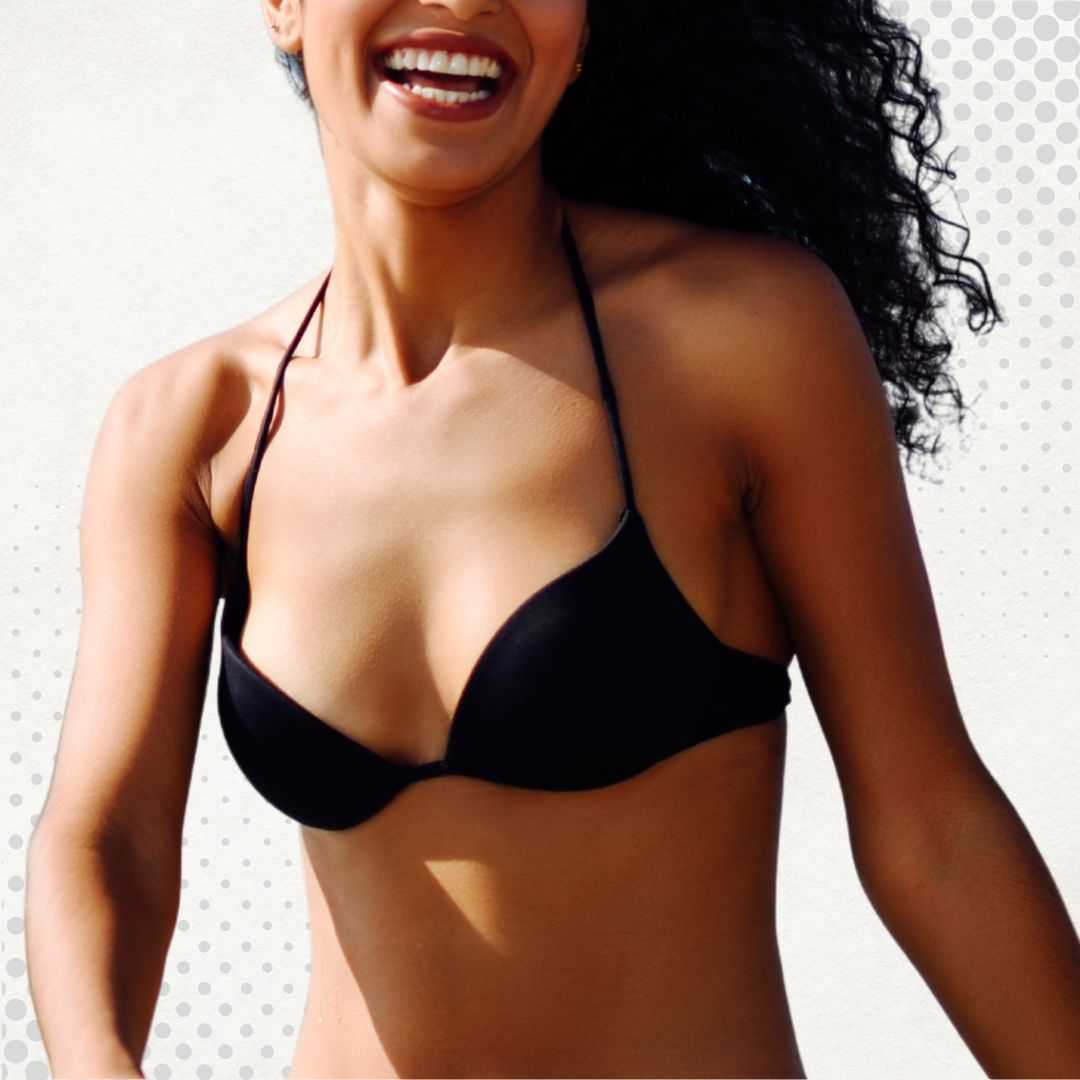
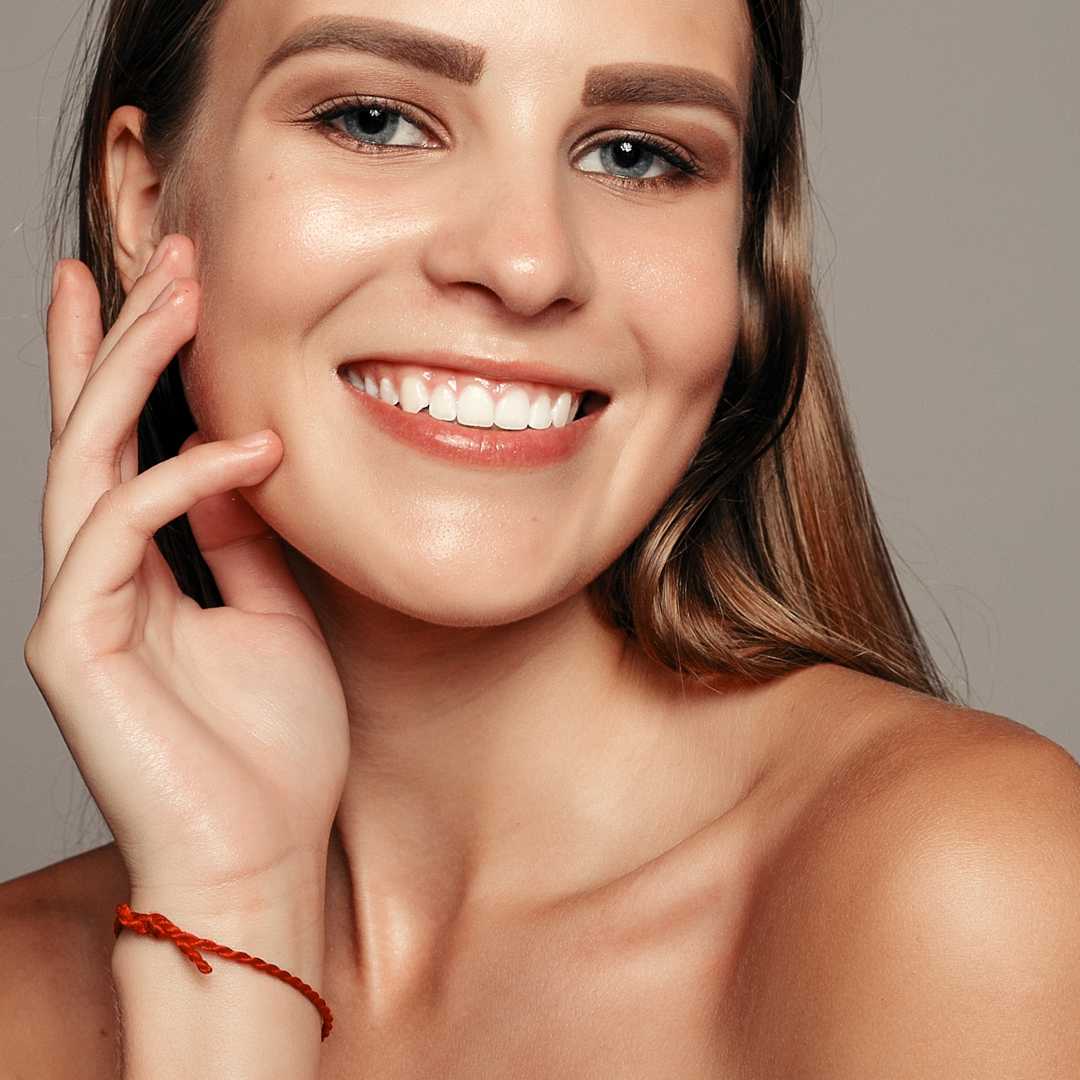
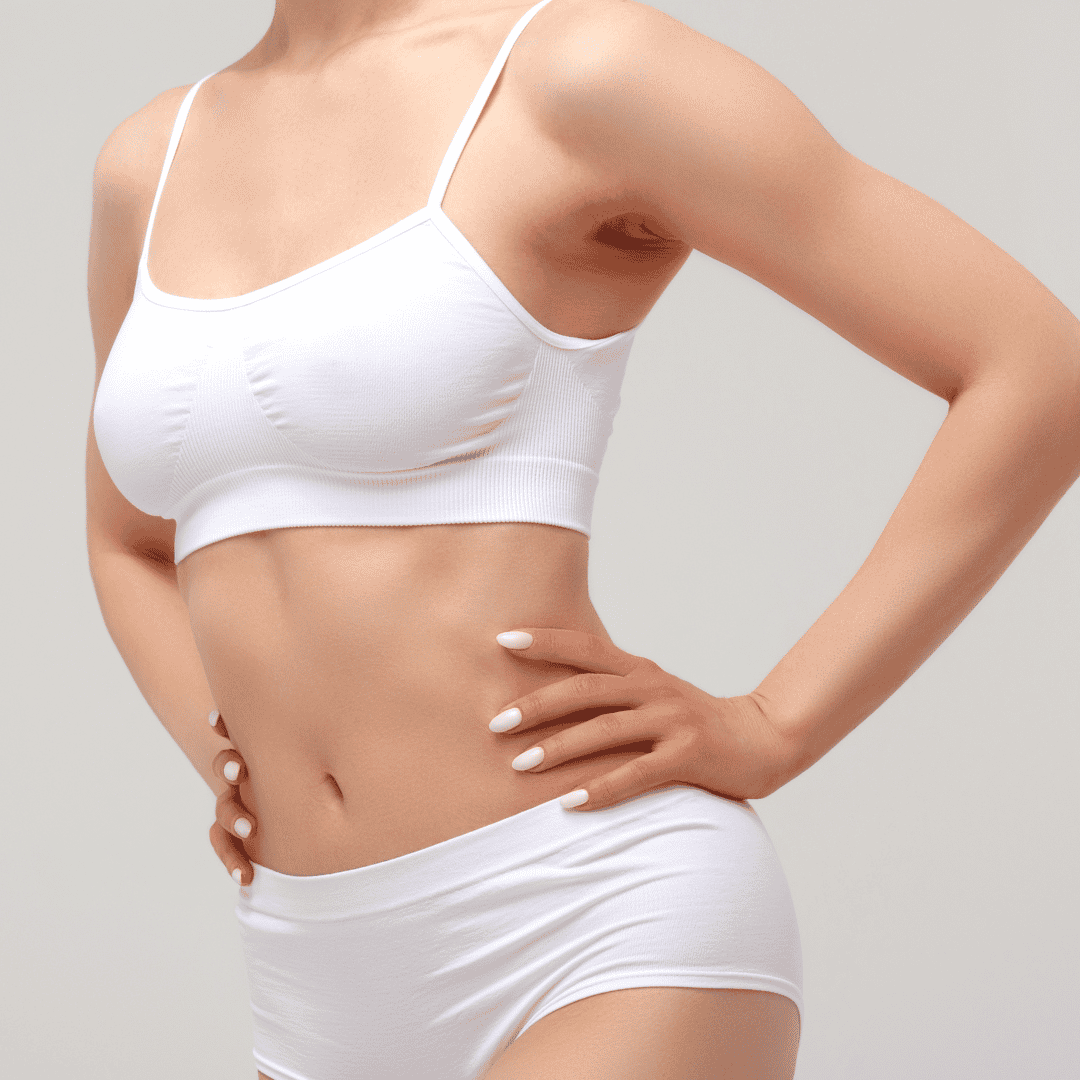
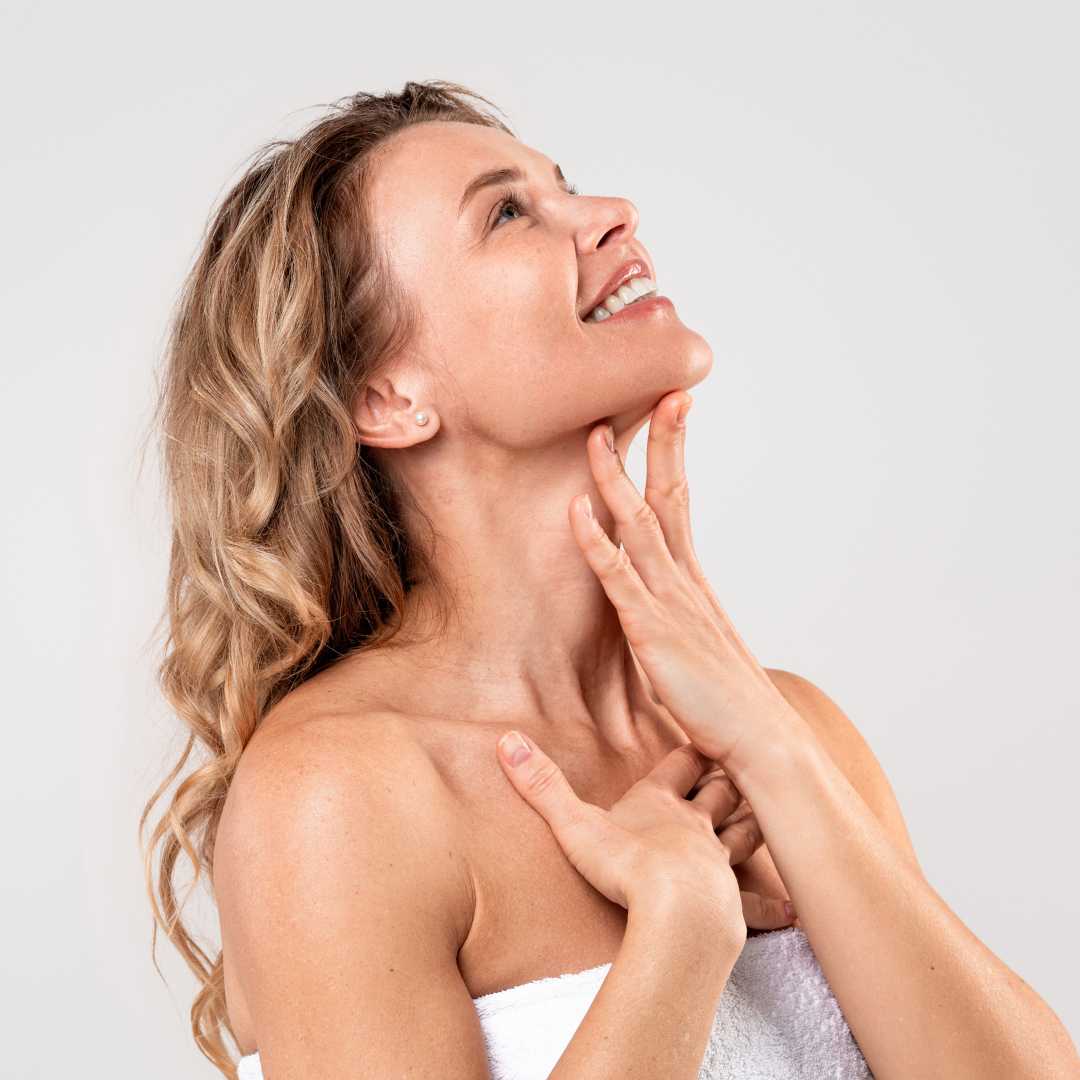
.png)
.png)
.png)
.png)
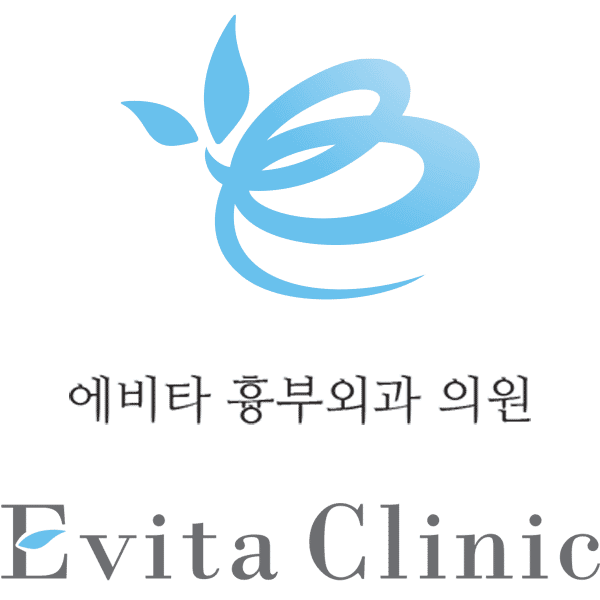
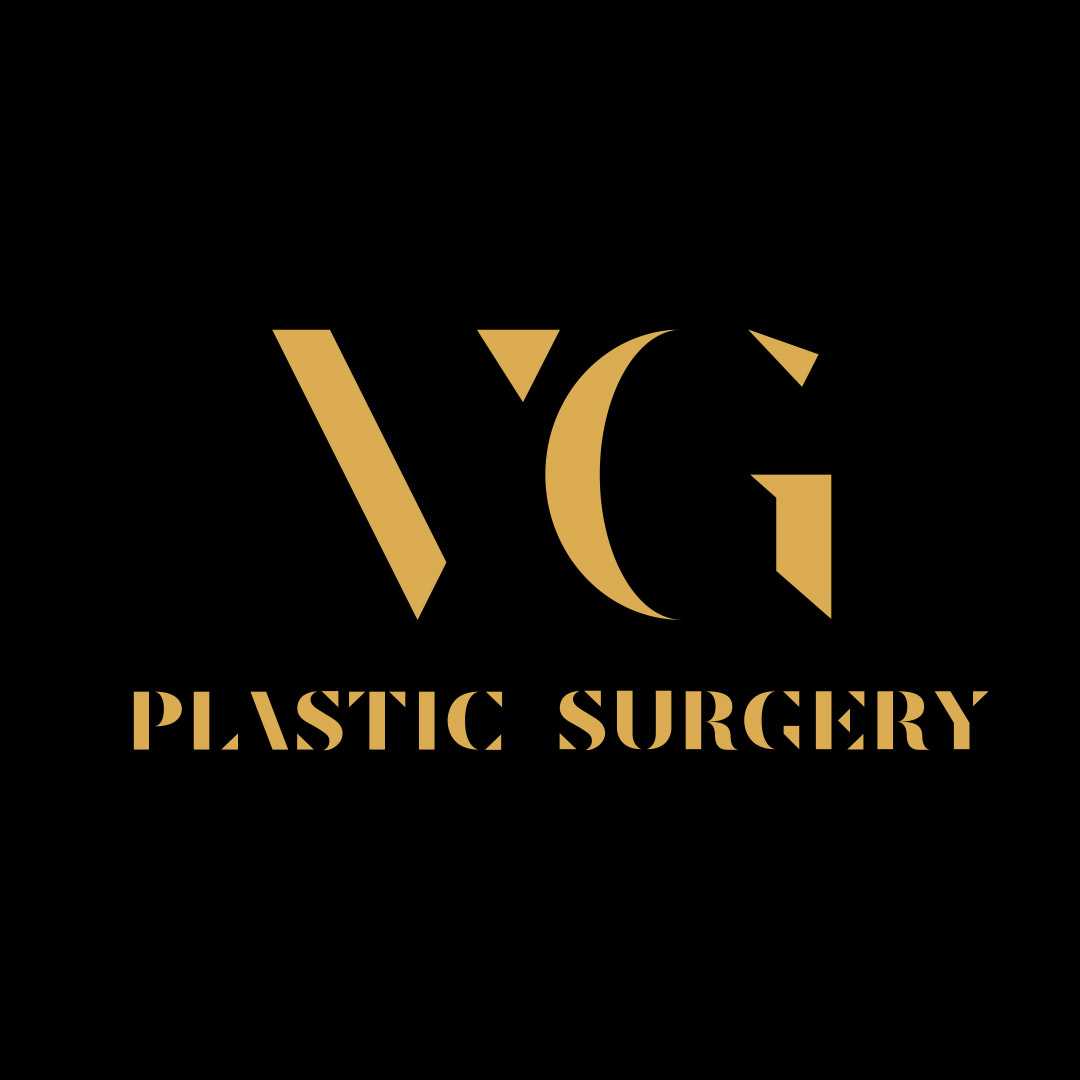
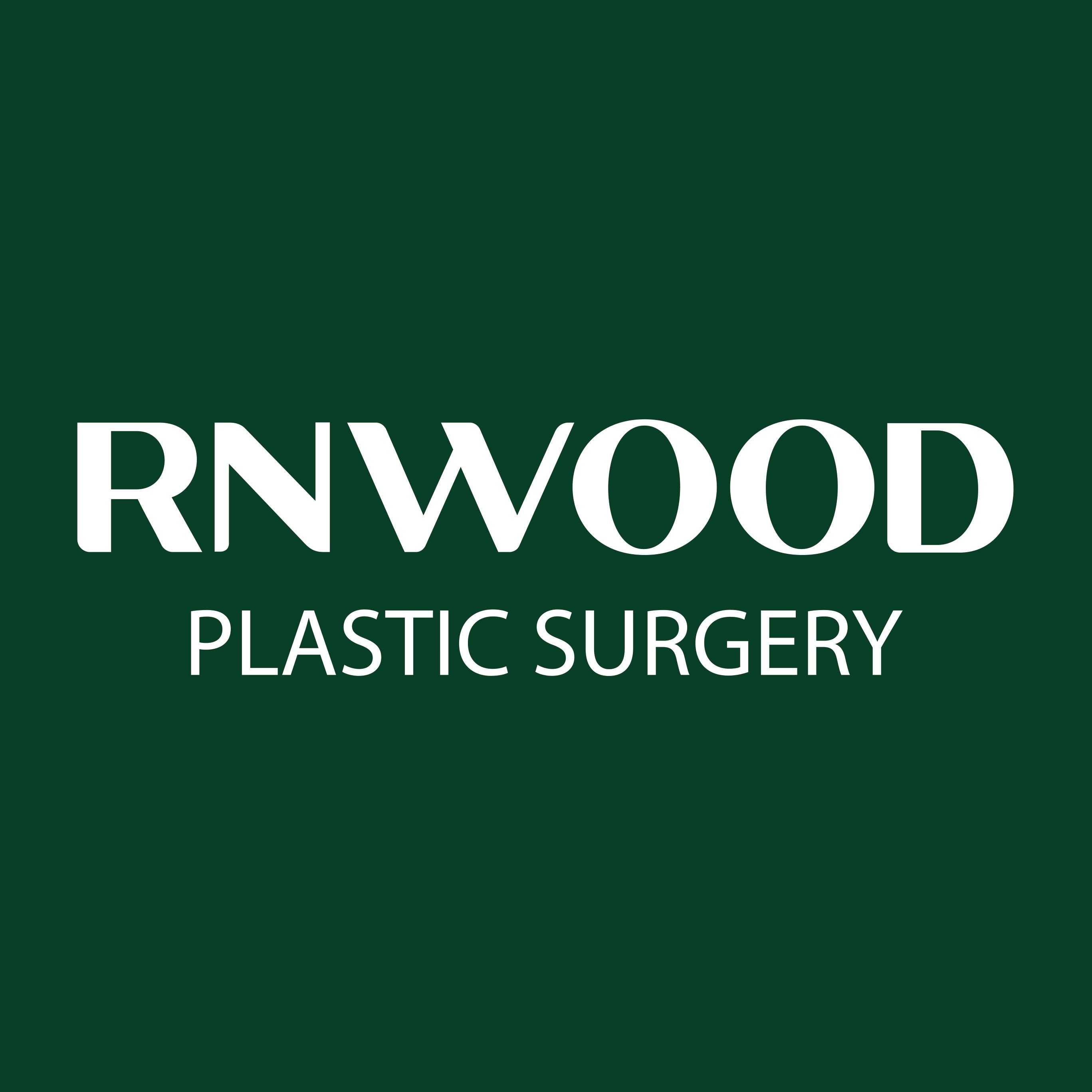

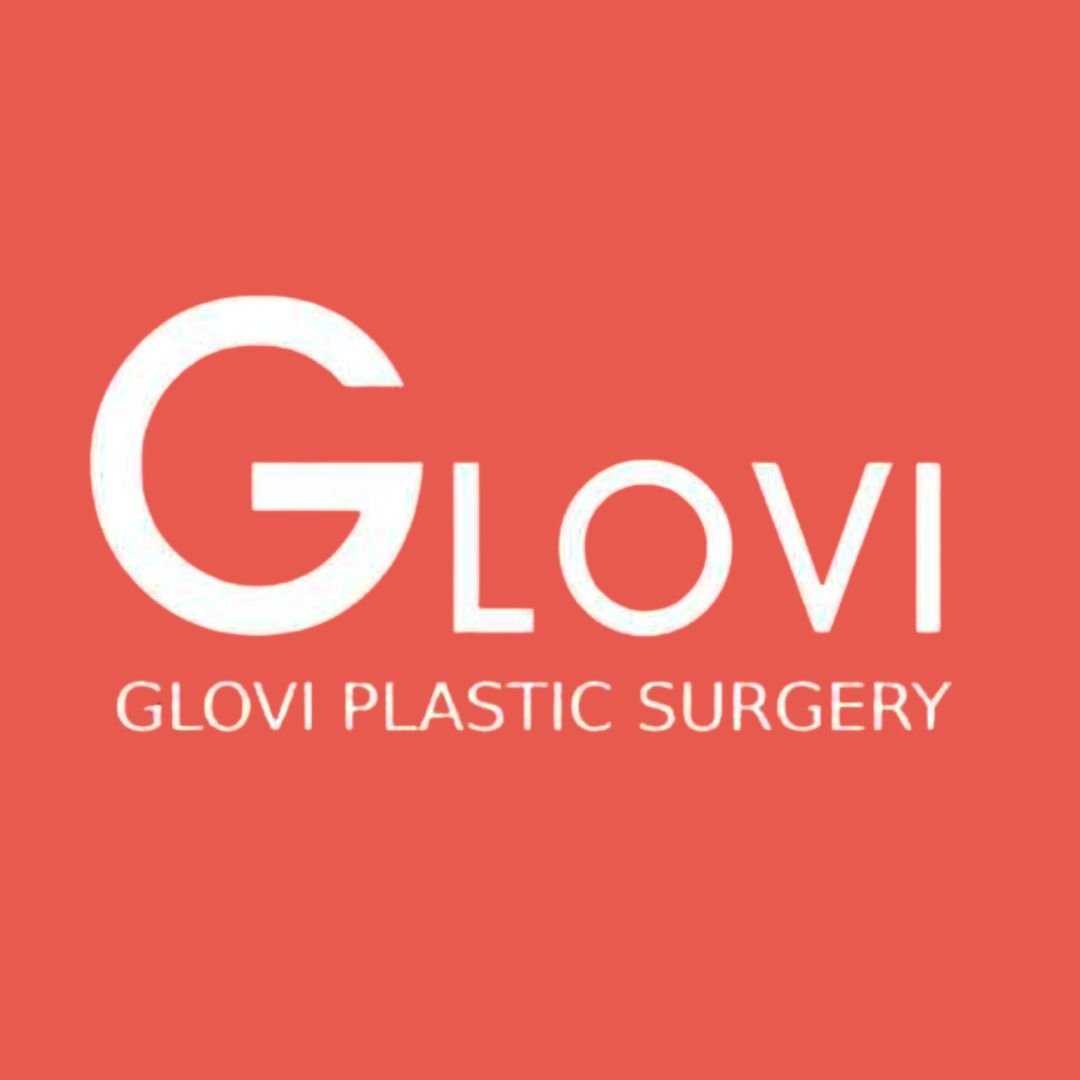

Share this listing